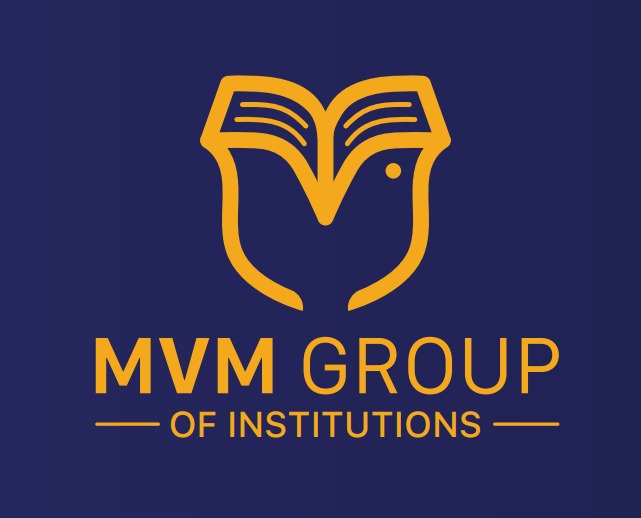Foundational Stage
Education is about creating leaders for tomorrow.
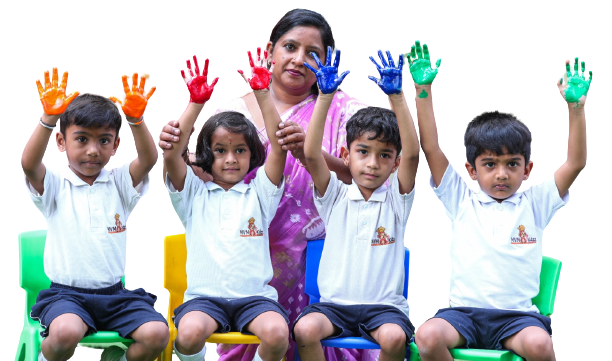
Foundation Of Learning !
- This initial stage covers the first five years of a child's education, focusing on ages 3 to 8.
- It includes three years of pre-primary education (age 3-6), emphasizing early childhood care and education (ECCE) as a foundation for learning.
- The next two years (age 6-8) extend the foundational stage, ensuring a strong base in literacy and numeracy.
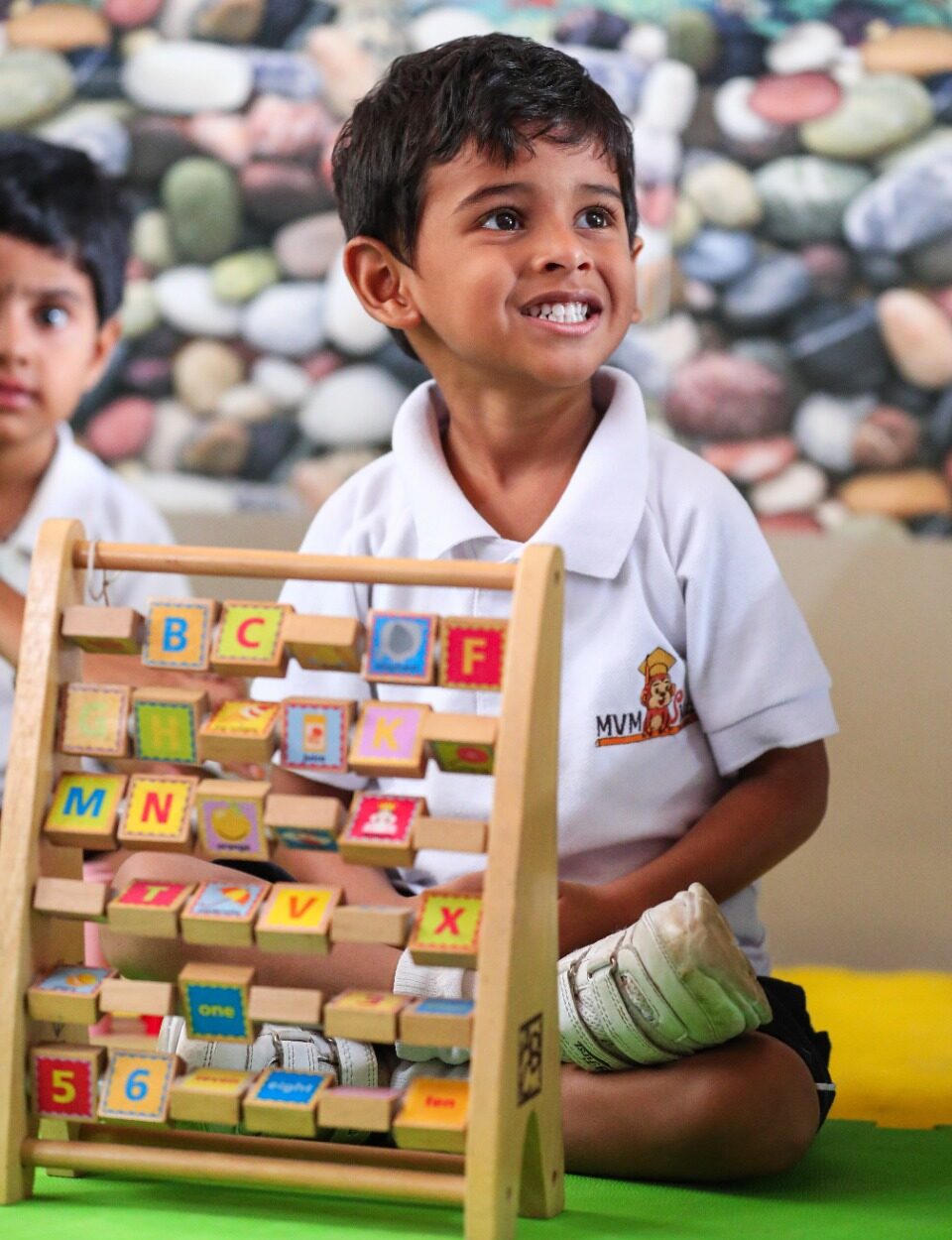

Our Approach
Early Childhood Care and Education (ECCE):
The Foundational Stage encompasses three years of ECCE, which is designed for children between the ages of 3 and 6.
Preparatory Learning
The next two years (ages 6 to 8) of the Foundational Stage extend the ECCE framework by introducing more structured preparatory learning. The emphasis continues to be on building a strong foundation in literacy and numeracy. Children are introduced to basic reading, writing, and mathematical concepts during this phase.
Multilingualism
The NEP advocates for the use of the mother tongue or local language as the medium of instruction during the Foundational Stage. This approach is designed to make learning more accessible and culturally relevant. It recognizes the importance of preserving and promoting linguistic diversity while ensuring a strong foundation in the mother tongue.
Holistic Development
The Foundational Stage places a strong emphasis on holistic development. It aims to nurture the physical, cognitive, emotional, and social development of young children. Activities that encourage creativity, critical thinking, and problem-solving are integrated into the curriculum.
Teacher Training
Teachers at this stage play a pivotal role in creating a conducive and engaging learning environment. The NEP emphasizes the need for teacher training and professional development to equip educators with the necessary skills and understanding of ECCE.
Our Assessments
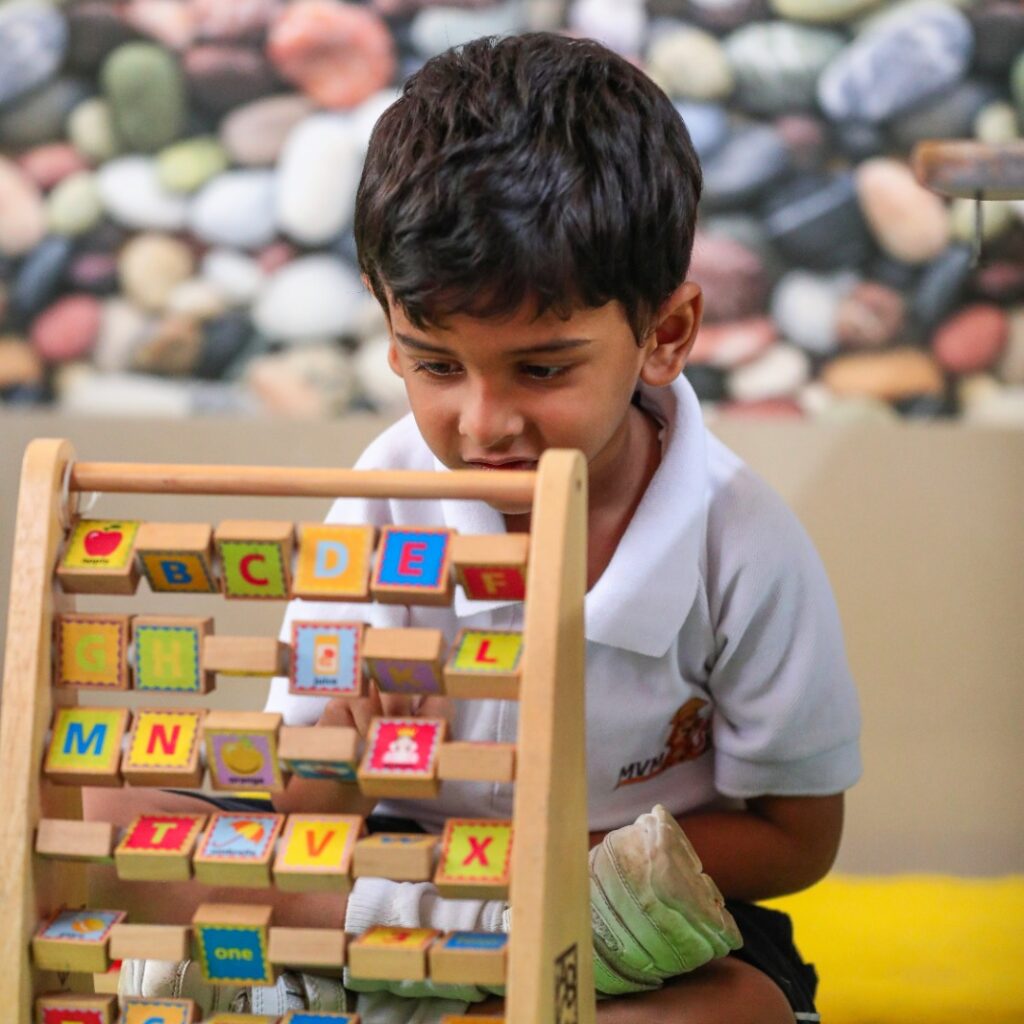
Weekly Assesments
20 min objective tests that act as checkpoints in a student's academic schedule, conducted in the buffer periods to maintain a child's consistency.

Periodic Assessments
Objective and Subjective tests conducted twice in each term for all scholastic subjects, that accounts to final results.
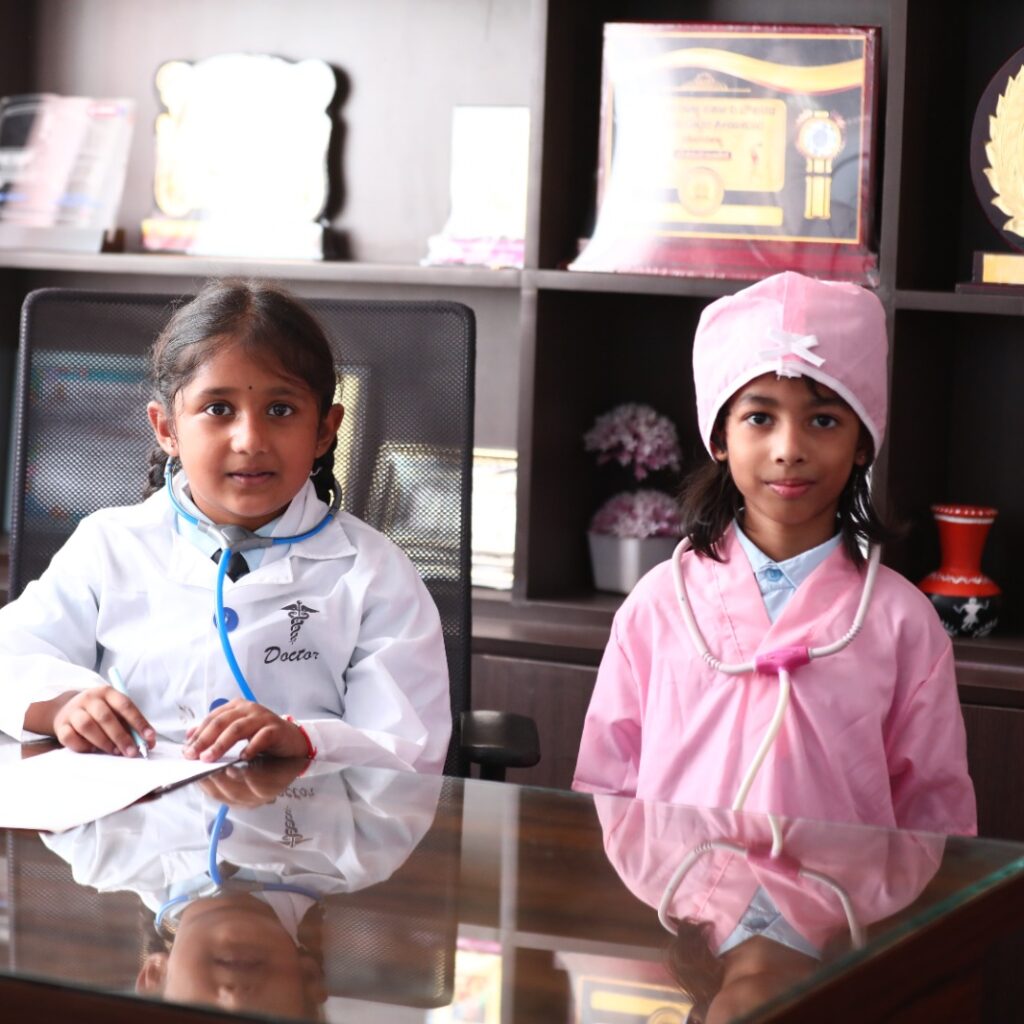
Summative Assessments
Objective and Subjective tests conducted at the end of each term for all scholastic and non-scholastic subjects except Computers. These tests accounts for the final results.
